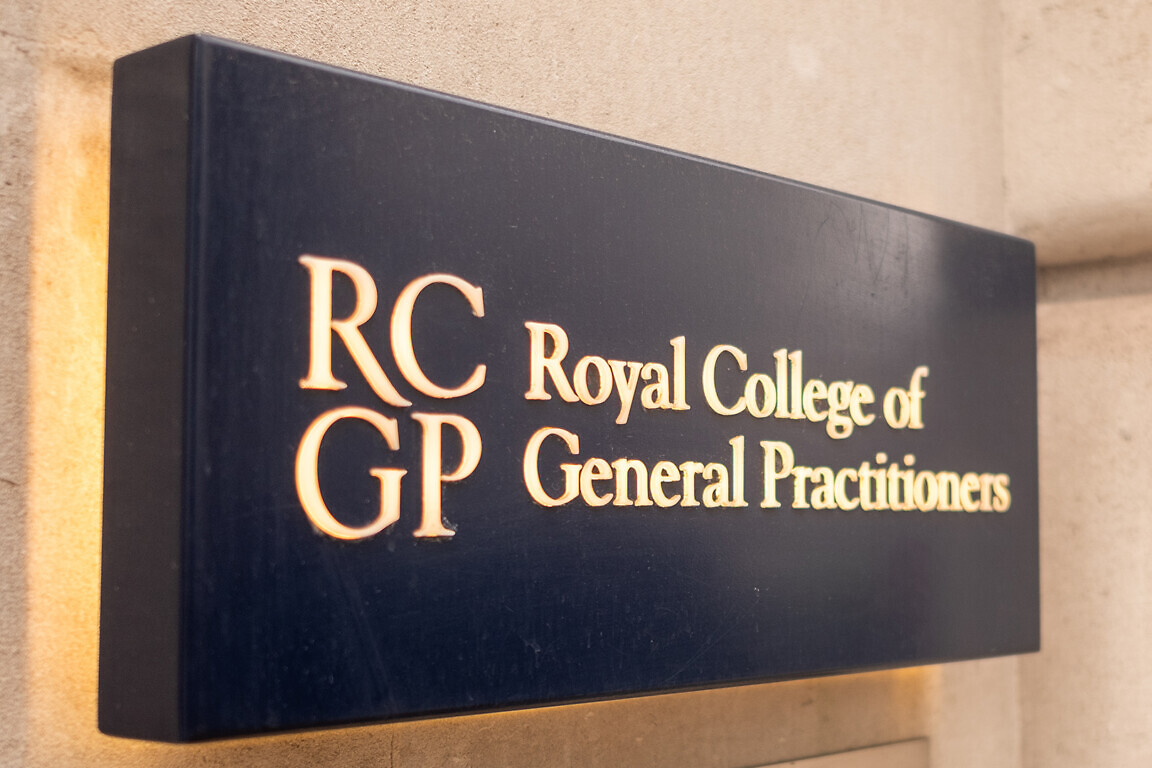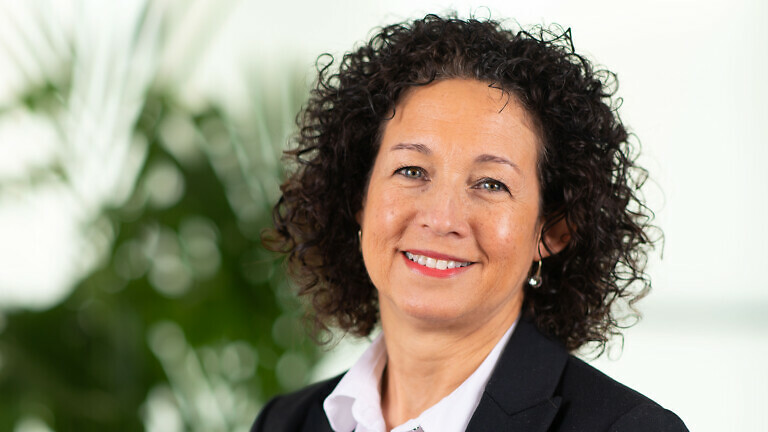The Royal College of Physicians has launched a manifesto for the Senedd elections as figures show a rise in the wait for consultant-led hospital treatment in Wales.
The Royal College of Physicians (RCP) has launched a manifesto for the 2026 Senedd election, calling on all political parties to commit to urgent action to address the medical workforce crisis, tackle health inequalities and fix social care in Wales.
It comes as new figures show that there has been a rise in the longest waits for consultant-led hospital treatment in Wales.
The total number of patient pathways waiting longer than two years in July 2025 stands at 8,005, a slight increase from 7,447 in June 2025. The number of patient pathways waiting longer than a year has seen a small fall, standing at 156,143, compared to 157,027 in June 2025. Overall, 793,058 patient pathways were waiting for treatment, down slightly from 794,543 in June 2025.
The latest figures demonstrate that progress on reducing waiting lists in Wales remains inconsistent. While some headway was made earlier this year on two-year waits, with four months of progress between November 2024 and March 2025, these long waits have seen a rise again this month.
“With such fluctuating figures each month, and with total numbers of those waiting largely unchanged over the last year, it is hard to herald any decrease as a meaningful sign of progress,” said Jon Barry, director in Wales at the Royal College of Surgeons of England.
A new plan
The RCP is calling on the next Welsh government to develop a long-term NHS workforce plan to recruit, retain and support doctors across Wales.
More than four in five (81%) of doctors in Wales say that NHS staffing is inadequate (compared with 72% across the UK), and 66% work beyond their contracted hours at least once a week (compared with 62% across the UK), risking burnout and impacting patient safety.
A long-term health and care workforce plan should set out a new approach to recruitment and retention in Wales, consider the impact of changing working patterns, tackle rural recruitment issues and address wider issues with infrastructure, technology and working environments.
It is also calling for a cross-government action plan on health inequalities. Nearly one-quarter of Welsh households and 31% of children are thought to live in poverty.
Finally, the college is demanding a transformation of social care with a fully costed plan to increase capacity and reduce delayed discharge.
More than two-thirds (69%) of doctors in Wales say that poor patient flow and a lack of bed capacity are barriers to good care, compared with a UK average of 56%. This pressure on the Welsh NHS leads to unsafe and unacceptable corridor care and often stems from delays in transferring patients out of hospital, which takes several weeks on average.



